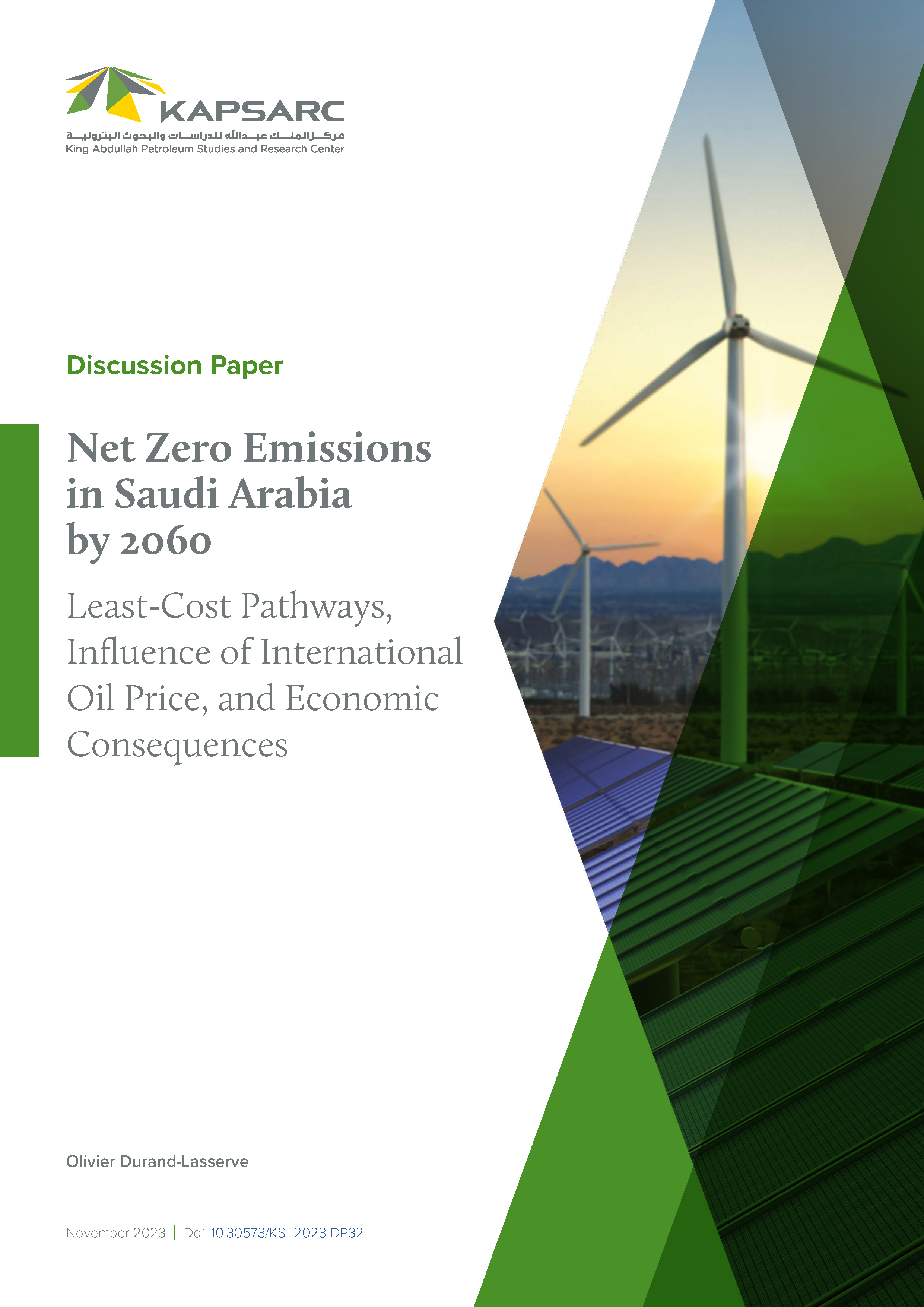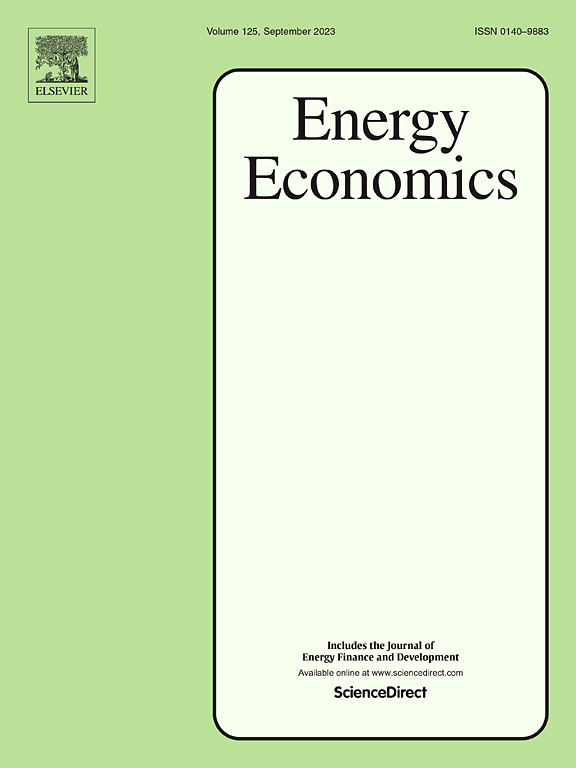Gulf Cooperation Council (GCC) countries aim to employ more of their nationals in the private sector to absorb the inflow of new entrants into the labor force. They have put in place workforce nationalization policies to revert two peculiar features of their labor markets: the preference of nationals for public sector careers, and the crowding out of nationals by expatriate workers in the private sector.

Fellow Olivier is a research fellow in the Energy Systems and Macroeconomics program. Previously, he was an economist at the Organisation… Olivier is a research fellow in the Energy Systems and Macroeconomics program. Previously, he was an economist at the Organisation for Economic Co-operation and Development (OECD) and at the International Energy Agency (IEA) in Paris where his activities covered macroeconomic policy analysis and applied general equilibrium modeling. He contributed to various modeling studies on the assessment of the macroeconomic, environmental and distributional consequences of energy and environmental policies. He also worked on the land-water-energy nexus and on the economic consequences of air pollution. Before he joined the OECD, Olivier worked at ENGIE, in Paris, where he developed an in-house modeling framework for quantifying global long-term energy-economy scenarios. While completing his Ph.D., he was a research assistant at the Center for Operations Research and Econometrics (CORE) in Louvain-la-Neuve, Belgium.
Expertise
- Macroeconomic consquences of energy policies
Publications See all Olivier Durand-Lasserve’s publications

Net Zero Emissions in Saudi Arabia by 2060: Least-Cost Pathways, Influence of International Oil Price, and Economic Consequences
Gulf Cooperation Council (GCC) countries aim to employ more of their nationals in the private…
30th November 2023
Fiscal Policy in Oil and Gas-exporting Economies: Good Times, Bad Times and Ugly Times
Gulf Cooperation Council (GCC) countries aim to employ more of their nationals in the private…
12th September 2023
